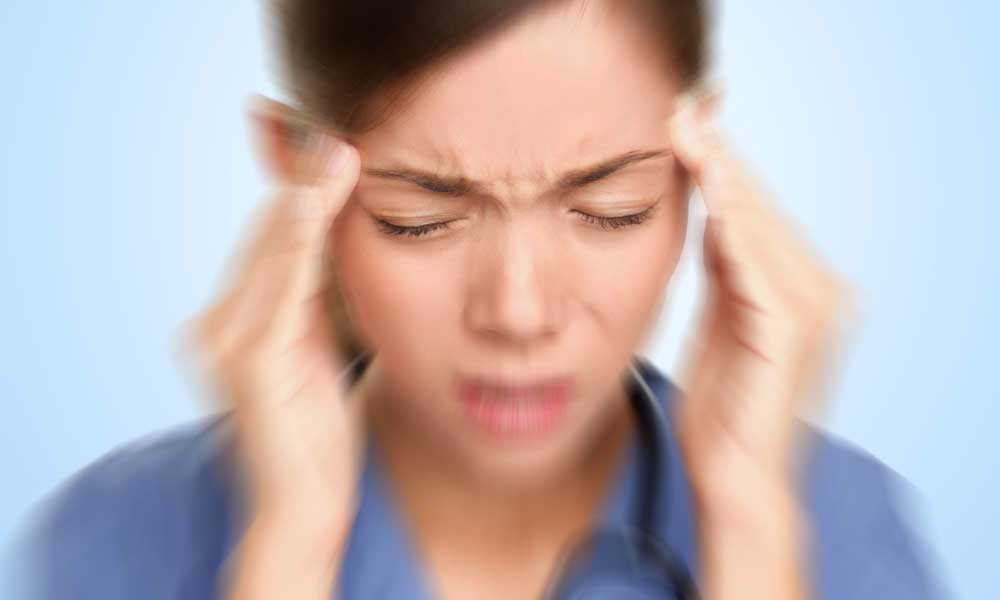-
Tips for becoming a good boxer - November 6, 2020
-
7 expert tips for making your hens night a memorable one - November 6, 2020
-
5 reasons to host your Christmas party on a cruise boat - November 6, 2020
-
What to do when you’re charged with a crime - November 6, 2020
-
Should you get one or multiple dogs? Here’s all you need to know - November 3, 2020
-
A Guide: How to Build Your Very Own Magic Mirror - February 14, 2019
-
Our Top Inspirational Baseball Stars - November 24, 2018
-
Five Tech Tools That Will Help You Turn Your Blog into a Business - November 24, 2018
-
How to Indulge on Vacation without Expanding Your Waist - November 9, 2018
-
5 Strategies for Businesses to Appeal to Today’s Increasingly Mobile-Crazed Customers - November 9, 2018
New research finds Relief Against Tinnitus
This study is published in the JAMA Otolaryngology and makes an assessment of the repeated use of rTMS, or transcranial magnetic stimulation delivered via a coil to the scalp of the patient.
Advertisement
The study involved 64 volunteers suffering from tinnitus on either permanent or temporary basis.
“We do not believe that rTMS should be viewed as a replacement for effective tinnitus management strategies that are available now”.
Research has pointed to increased activity in the auditory cortex region of the brain as the possible root of people suffering from tinnitus.
Robert L. Folmer, Ph.D., from the Portland Veterans Affairs Medical Center in Oregon, and colleagues conducted a randomized, participant and clinician or observer-blinded trial to determine whether rTMS can reduce the perception or severity of tinnitus.
The researchers found that individuals who received active rTMS have experienced a reduction of 31% on the 26th week following the treatment. Each of the groups underwent the treatment for 10 days, with the ones who went through the real deal having more than 20,000 magnetic pulses sent to their brains in total. Patients were then evaluated at the 1, 2, 4, 13 and 26-week mark after the end of the treatment. The main study outcome was the Tinnitus Functional Index, which was compared at baseline and post-treatment. While patients in the placebo group experienced a 7% reduction only.
While the study was small, the team is already planning to expand the trial and look at whether the treatment has lasting benefits out to the 12-month mark. To participate in the study, patients were required to have had tinnitus for at least a year or more. As a result, experts have recommended the use of rTMS for treating tinnitus.
The name could be a bit misleading and underestimating the condition, as people affected by tinnitus hear a persistent, constant noise that may be ringing, as well as crackling, buzzing, hissing or even whistling. This problem affects around one in every five people and is usually a symptom of ear injuries and age-related hearing loss.
The minor treatments that are available in the market include noise suppression and solving health conditions that are identified as the root cause behind problem. The research is in its infancy but shows promise to chronic patients who are not responding to other treatments.
Advertisement
Are electromagnetic pulses the cure?





























